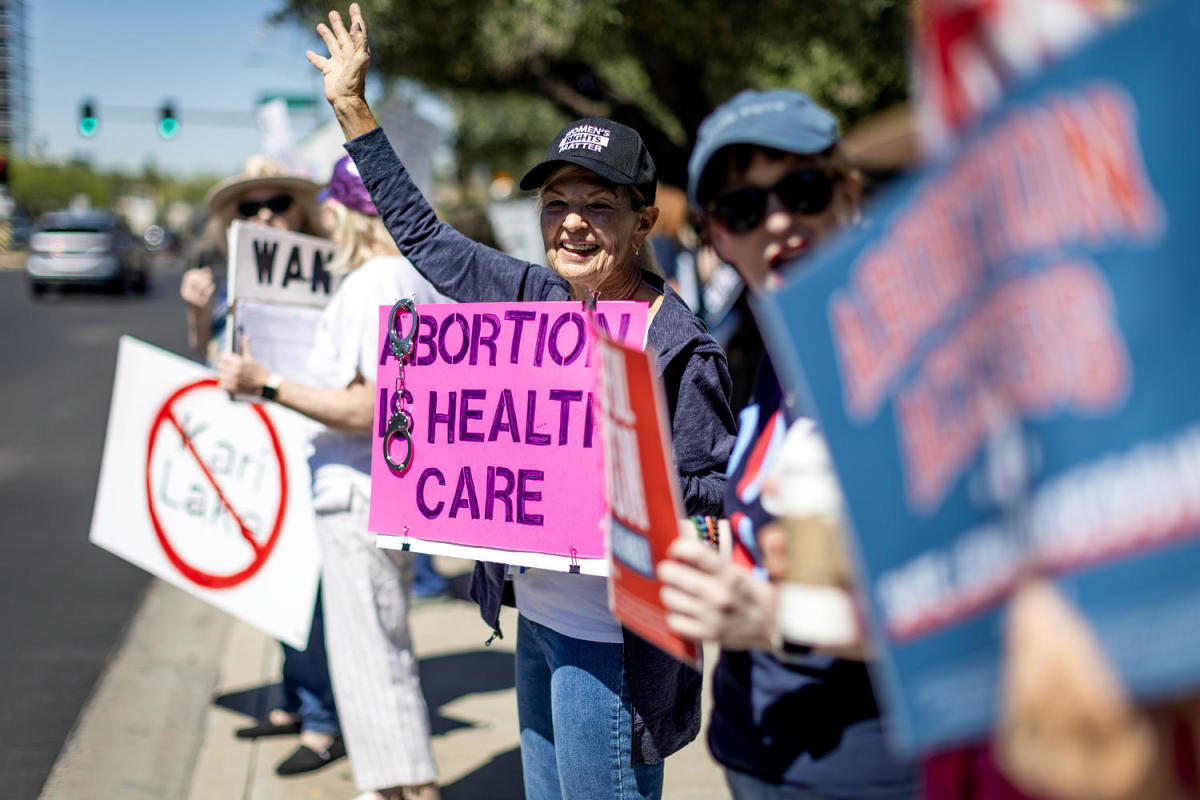By Will Dunham
WASHINGTON (Reuters) – During arguments before the U.S. Supreme Court over Donald TrumpAfter the claim of presidential immunity from prosecution, two very different views on the consequences were on display Thursday.
Trump’s lawyer, D. John Sauerpainted a dire picture of presidents facing “de facto blackmail and extortion from political rivals while still in office” due to the threat of future prosecution without the immunity sought by the former president.
Michael Dreebenarguing on behalf of special counsel Jack Smith, said the “absolute immunity” sought by Trump would “immunize former presidents from criminal liability for bribery, treason, sedition, murder – and, here, conspiracy to use the fraud to overturn the results of an election and perpetuate oneself in power. »
Justices heard arguments in Trump’s appeal after lower courts rejected his request for presidential immunity in a criminal case brought against him by the special prosecutor on four counts related to his efforts to overturn his defeat 2020 election. Trump is the Republican candidate challenging the Democrats President Joe Biden during the American elections of November 5, a revenge of four years ago.
Liberal justice Ketanji Brown Jackson noted the conflicting concerns raised by granting immunity to presidents. Without it, presidents might fear being investigated, which to some extent could cripple their ability to “do whatever they want when they’re in power,” Jackson said.
“And that’s a concern on one side,” Jackson said.
But Jackson expressed concern that immunity would leave a president “unlimited during his term in office.”
“The most powerful person in the world, with the greatest authority, could take office knowing that there would be no potential punishment for committing crimes. I’m trying to understand what the deterrent effect of transforming the Oval Office into the seat of criminal court activity in this country,” Jackson told Sauer.
Sauer discussed hypothetical scenarios in which former U.S. presidents would be indicted for official actions taken while in office.
He asked whether George W. Bush could be prosecuted for obstruction of an official proceeding for allegedly lying to Congress to justify the war in Iraq, or whether Barack Obama could be charged with murder for killing American citizens abroad by drone strikes, or whether Biden could be accused of illegally enticing immigrants to enter. the country illegally, based on its border policy.
“The answer to all of these questions is no,” Sauer said.
“If a president can be indicted, tried, and imprisoned for his most controversial decisions as soon as he leaves office, this looming threat will distort the president’s decision-making at precisely the moment when bold and fearless action is most needed,” Sauer added.
Dreeben sought to downplay these concerns.
“I think there are several safeguards that the court can consider that will alleviate concerns about unduly chilling presidential conduct,” Dreeben responded. “This concerns us. We do not support a regime that we believe would expose…


